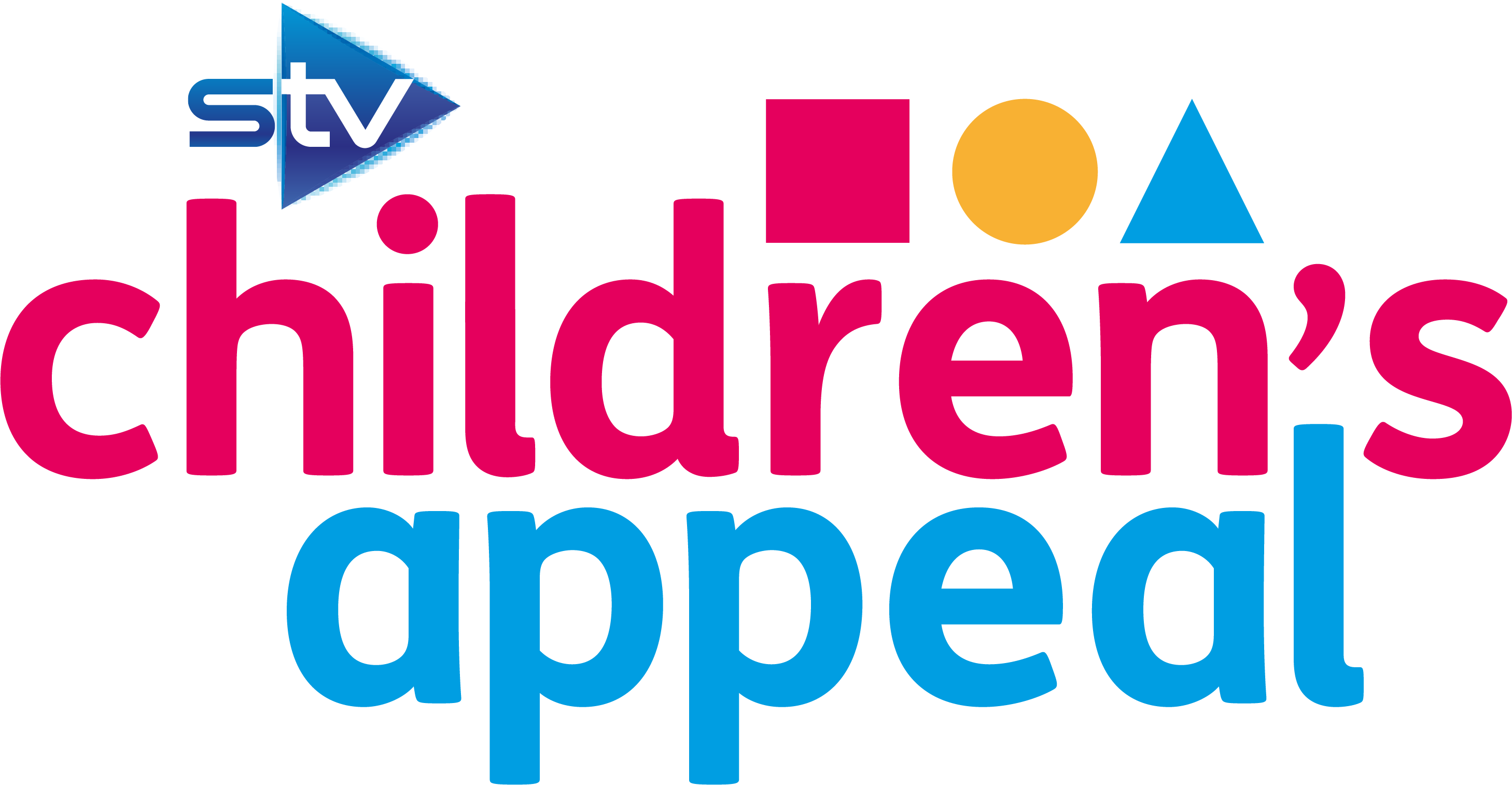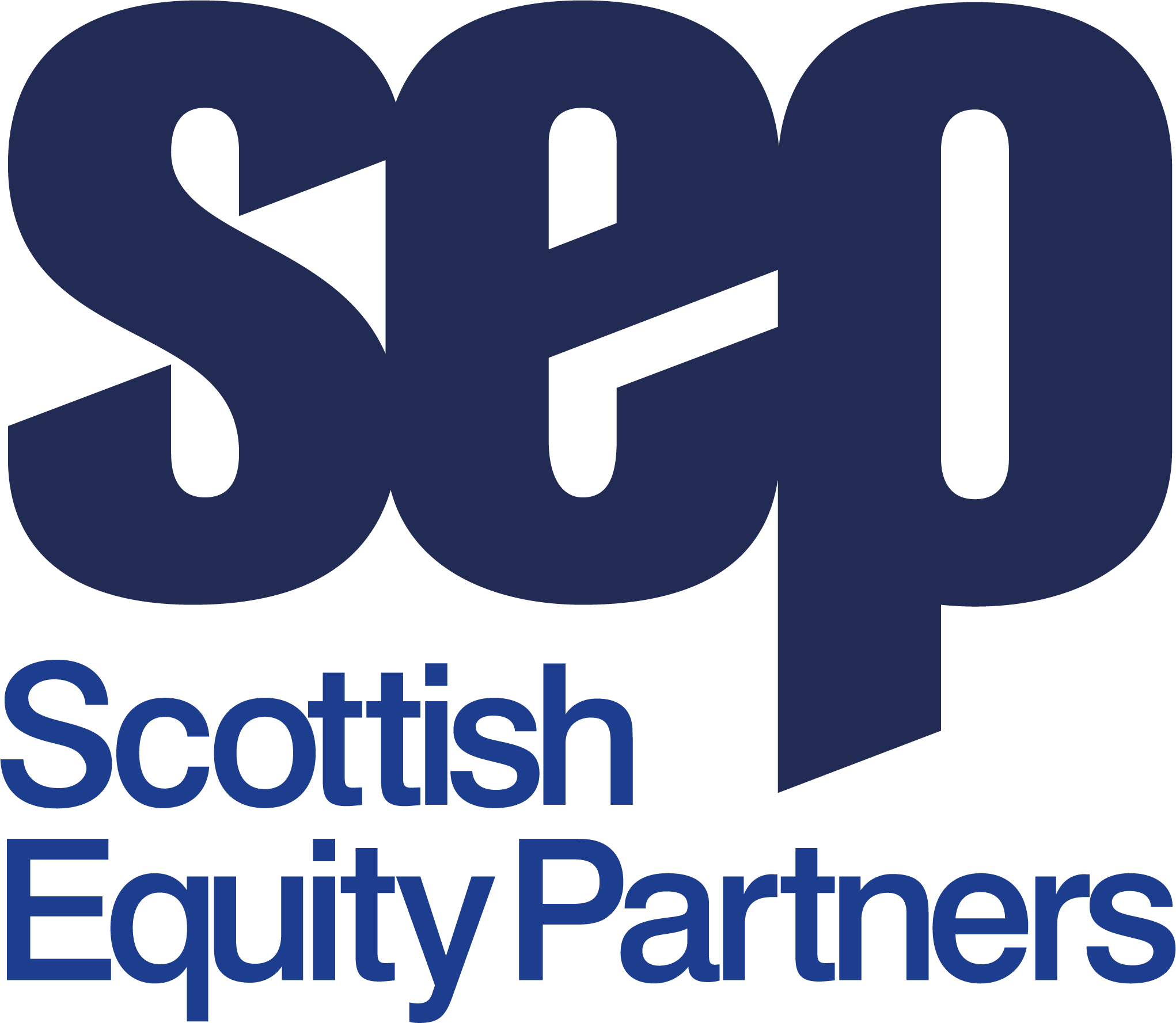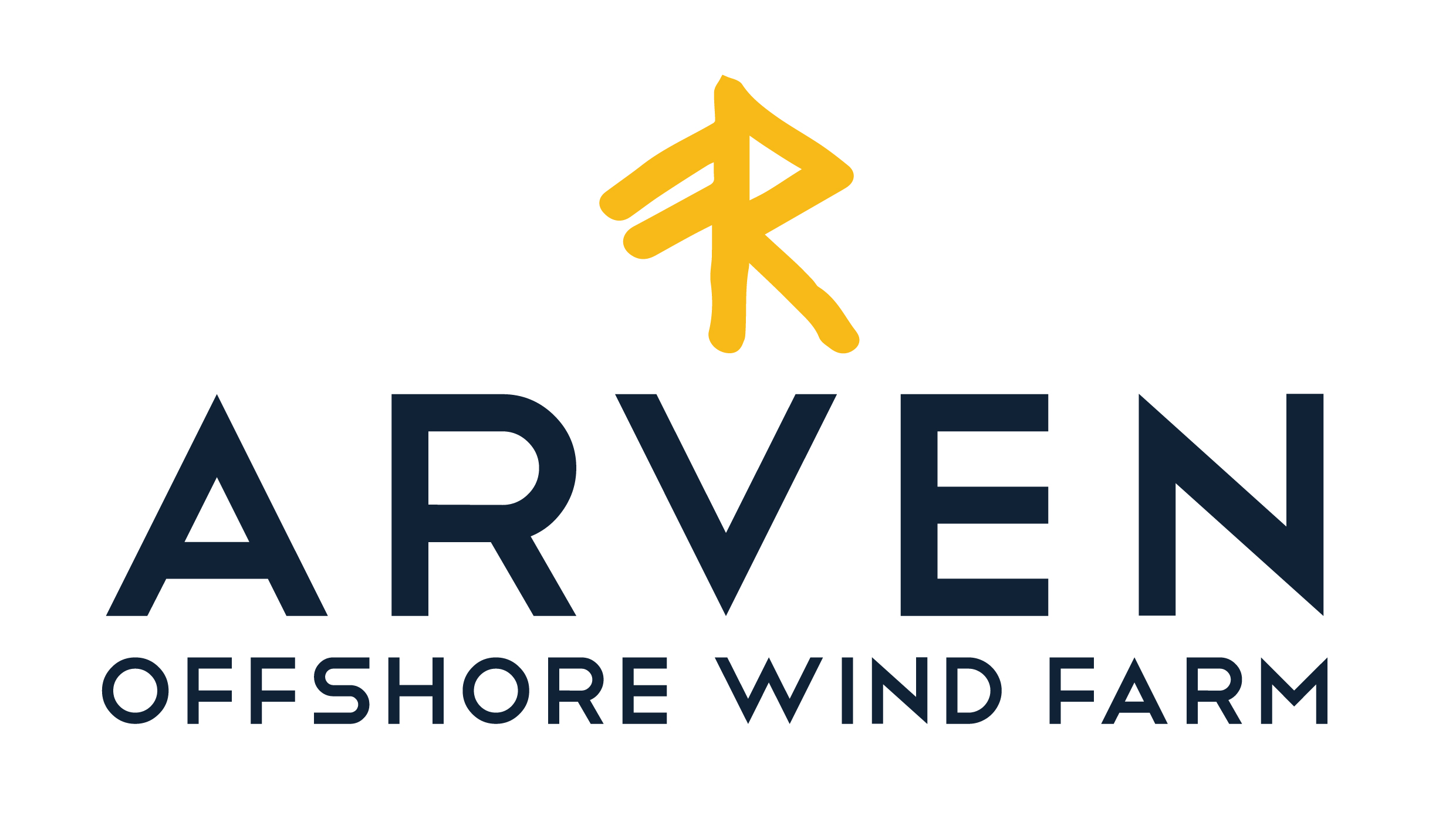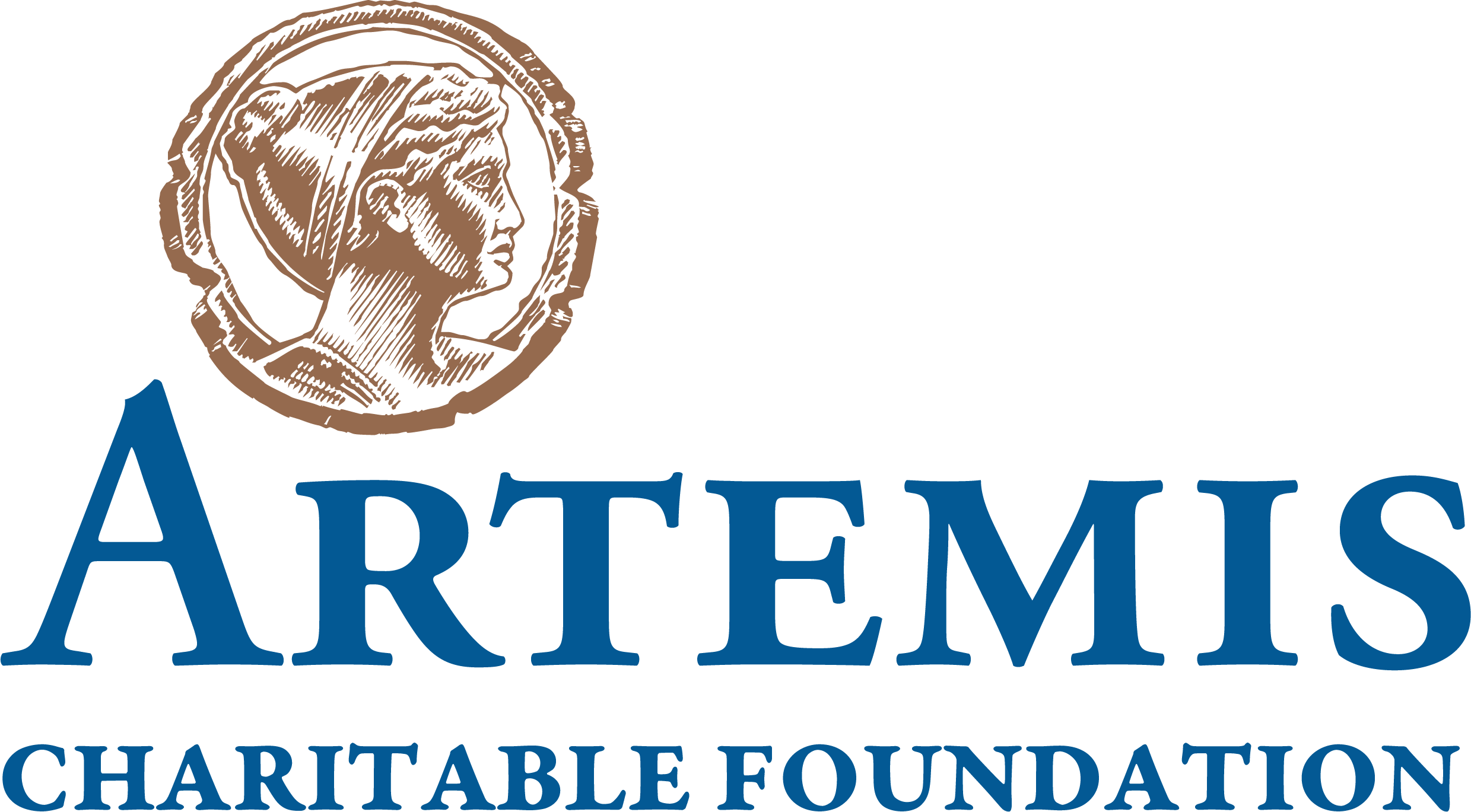A number of schools deliver YPI through the Religion, Beliefs and Values (RBV) SQA award, focussing on the Values in Action element. This recognises students’ efforts formally and provides an additional lens for the depth of YPI activity.
Dalkeith, Lossiemouth, Penicuik, and Beeslack High Schools, and Kirkwall Grammar School, share their experiences and tips for engaging and empowering students in this way.
Why does the school deliver through Religion, Beliefs and Values?
Theophilus Ogbhemhe, Kirkwall (TO): “We looked at YPI as a holistic opportunity. The young people are doing the work so that should count towards a qualification. It was a no-brainer.
“YPI offers so much – the chance for them to contribute to society and become responsible citizens. What is also important for employment and further education though are qualifications so we can now do both in a structured and arranged way.
“For some, it’s one of the few qualifications they achieve as they can demonstrate their skills but not in an exam environment.
“I have had students jump on me in the street, years later, saying that award made such a difference to their applications for employment or further study.”
Amy Roberts, Dalkeith (AR): “Our pupils are now formally recognised for their dedication and hard work throughout YPI. Each year many of our pupils go above and beyond – we have several who fundraise and volunteer with their charities. This enriches their YPI experience and has helped many to gain jobs and get into further education. The award will make sure each member who takes part in YPI will SQA recognition. We already do a project which links to the ‘Investigating Religion’ part of the award later in the year, so it makes sense to link the two.”
Paul Ferrier, Lossiemouth (PF): “I deliver the RBV Award as it contributes to the school’s aim to raise attainment. However, I also believe that it correlates well with YPI and run it in conjunction with the programme. The first unit is explicitly about their YPI experience and how it connects to their beliefs and values. YPI challenges pupils to identify their own values and to put them into practice, so the link is very clear.”
Laura Graham, Penicuik (LG): “We deliver the Award for a number of reasons. Many pupils see it as an additional reward for participating in YPI. ot only have they gained the experience and developed skills during YPI, but they also gain a N4 or N5 qualification. It also helps in terms of raising tariff points for our school in terms of SCQF points.”
Morag Carrie, Beeslack (MC): “After attending a YPI event in 2017, I discussed with some teachers how YPI aligned to RME and how it fit with values in action. There was a fit with raising awareness and it has continued to evolve from there.”
What is your delivery model and how is it assessed?
TO: “Our model has evolved over the years, and it has improved. The YPI element, we tend to deliver with S3 over the course of a term.
“Previously RMPS has worked with Maths, English, and PSE to support different elements and provide more time for research and understanding different themes. This has been more challenging because of Covid.
“There are five S3 classes taking part, each with 20 students. I am the assessor and, through my work with the SQA, I have better understood the outcomes and assessments and evolved our booklets. It is a lot of work and time.
“Students start to complete these booklets four weeks into the process. We used to do it at the end but young people can become disengaged if they don’t progress in the competition. This shows them the learning has value throughout.
“We focus on level 4 and the values in action unit.
“We start by exploring the concept of philanthropy and how that compares with religion and morality. They then investigate local issues and charities, before developing their presentations.
“This work is helping to build their skills in evaluation and assessment.
“As a legacy of YPI, we work with S5 students on tackling global and local problems. They can use some of their learning from YPI in their assessment. This year’s cohort is focussing on climate action and food poverty. They have been supporting collections for a local food bank, as well as developing campaigns to stop single-use plastic water bottles and milk cartons being sold in the school and raising funds for recycling bins. This is the mindset that begins with YPI in S3.
“YPI is woven into the ethos of the school and has metamorphosised in a positive direction.”
AR: “The RBV will be delivered through S2 RME – this is one period a week. Beliefs in Action will be completed alongside YPI project, and Investigation in Religion will be done towards the end of S2 into S3 as core RME is continued.
“I am currently using the example resource on the YPI website as a basis for our RBV workbook. The assessment does not look like it will involve additional workload as our S2 already complete both parts – just not formally yet.”
PF: “I deliver YPI between October and February. Towards the end of the programme, I introduce the RBV Award. Once the programme is concluded, I teach a unit on life after death and then finish the final part of the award. The two component units of the award Investigating Religion & Belief and Values in Action which has a direct correlation with YPI.
“There is a series of prescribed outcomes from the SQA, however my method of delivery allows scope for personalisation of answers.”
LG: “S3 are timetabled to be in RMPS from August until December, then PSE January to August. It is when they are in RMPS that they complete YPI. Our final is usually around the end of November, so they have the month of December to complete the RBV Award. They then have the opportunity to add to their answers in S4 core RMPS.
“We have developed a booklet that every pupil completes after participating in YPI. The booklet contains all of the outcomes required to pass both N4 and N5 RBV Award. It requires pupils to use their research and resources from YPI and look at views on charity.”
MC: “YPI is delivered by me in a single period each week from September to February. Outcome one is assessed in the classroom and includes a log the students keep as the progress through planning, research, and creating their presentation. Outcome two focusses on reflection which we do at the end of the process. This has been aided by having previous responses used as a prompt. It is aimed at level 4, but I can amend the assessment criteria for those doing level 3.”
Why is YPI so important in your school?
TO: “YPI creates a nexus between school and community.
“It makes responsible citizens of our bairns, making them aware of global and local issues and understanding how these their personal responsibility.
“YPI gives the opportunity to put theory into practice, and very quickly see the connection between learning and action.
“It is also addressing many of the experiences and outcomes aligned with the four contexts and capacities of Curriculum for Excellence.”
AR: “YPI is important in our school as it allows the pupils to develop and act on their values. Our pupils are passionate about making a difference in the lives of their local community and they gain valuable skills for future jobs. YPI is, by far, the best project to prepare our young people for life beyond the classroom and school. It gives them something to be proud of. Our young people still talk fondly of their YPI experience years later and have begun to help those who are undertaking YPI this year.”
PF: “YPI gives our pupils a strong sense of achievement and justice – they do genuinely care about the issues which they engage with. It develops a range of skills including presentation skills, IT skills, enterprise, teamwork, and social skills. The programme creates a bridge between the school and the local community. Some of our pupils continue to work with their chosen charities beyond YPI.”
LG: “YPI is incredibly important to us as it is often the first opportunity that pupils have to really get involved with and support their own local community. Many pupils see YPI as a chance to give back to those who have helped them with any struggles that they or their families have had. We tend to find that it is pupils who struggle with mainstream academic subjects who then thrive during YPI. It is rewarding as a staff member to see pupils chuffed with themselves, having just had the confidence to make a phone call and arrange a meeting with a representative.
“YPI provides pupils opportunities to develop skills for lifelong learning and employment. Even a simple task like speaking on the phone to a representative from a charity – many pupils have never done this before and do not know how to speak to professional strangers. These are real life experiences that often the curriculum would struggle to provide naturally.”
MC: “Pupils are making real-life connections and having a real-life impact. It gives them the opportunity to really look at their own community.
“In S6, students nominate a charity to receive funding from our sponsored walks. Previously it had been national, high-profile charities. We now see, as a legacy of YPI, smaller social issues charities being nominated. The awareness has changed.
“In every classroom we have a DYW ‘top 10 employability skills’ poster. YPI covers all of them. It is a great opportunity to develop in areas such as literacy, numeracy, self-motivation, and teamwork.”




















